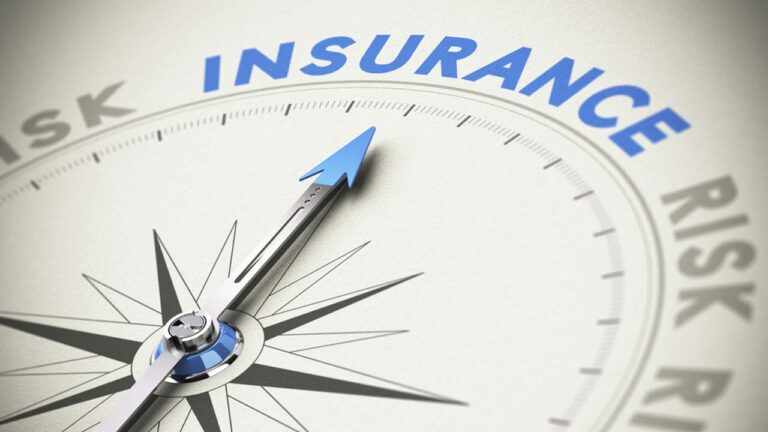Researching needs and assessing risks in both personal and professional spheres, making informed decisions is paramount. Researching your needs and assessing risks are essential steps in this decision-making process. Whether you are planning a major life change, embarking on a new project, or managing a business, these steps can be the difference between success and failure. This comprehensive guide will delve into the importance of researching needs and assessing risks, offering insights, methodologies, and practical tips to help you navigate these crucial aspects of decision-making effectively.
Researching Your Needs
Understanding the Concept of Needs
Needs are fundamental to human existence. They encompass a wide range of requirements, from basic physiological necessities like food and shelter to emotional and psychological needs such as love and belonging. When it comes to decision-making, identifying and understanding your needs is the first step in the process.
The Importance of Clarity
To make informed decisions, you must have a clear understanding of your needs. Ambiguity or confusion regarding your needs can lead to poor choices. Techniques such as journaling, self-reflection, and discussions with trusted individuals can help you gain clarity.
Setting Priorities
Not all needs are of equal importance, and some may conflict with others. Prioritization is key. Consider Maslow’s Hierarchy of Needs, which ranks human needs from the most basic (physiological) to the most complex (self-actualization). Assess where your needs fall on this hierarchy to prioritize them effectively.
Identifying Specific Goals
Once you’ve determined your needs and priorities, break them down into specific, achievable goals. For example, if your need is financial security, your goal may be to save a certain amount of money in a specific time frame.
Researching External Factors
External factors can significantly impact your needs. Research economic, social, and environmental factors that may affect your goals. This includes factors such as inflation rates, job market conditions, and global events.
Gathering Information
Gathering information is crucial to make informed decisions. Utilize a variety of sources, including books, articles, experts, and personal experiences. Be thorough in your research to ensure you have a comprehensive understanding of your needs and goals.
Assessing Risks
Understanding Risk
Risk is an inherent part of decision-making. It refers to the potential for unfavorable outcomes or unexpected events. Risk assessment involves evaluating the likelihood and impact of these negative outcomes.
Types of Risk
There are various types of risks, including financial, operational, strategic, and reputational risks. It’s essential to identify the specific risks associated with your decision.
Quantifying Risk
Quantifying risk involves assigning numerical values to various risk factors. Techniques such as probability analysis and risk matrices can help you assess the likelihood and severity of risks.
Risk Tolerance
Your risk tolerance is your willingness and ability to bear the negative consequences of a decision. It varies from person to person and can change based on circumstances. Understanding your risk tolerance is critical in risk assessment.
Risk Mitigation Strategies
Once you’ve identified and quantified risks, develop strategies to mitigate them. This may involve diversifying investments, creating contingency plans, or taking out insurance.
Scenario Analysis
Consider different scenarios to anticipate how risks may unfold. This can help you prepare for various outcomes and make contingency plans accordingly.
Combining Research and Risk Assessment
The Interplay between Needs and Risks
Your needs and the associated risks are interconnected. When researching your needs, consider how they may expose you to different risks. Similarly, when assessing risks, evaluate how addressing specific needs can help mitigate them.
Cost-Benefit Analysis
Perform a cost-benefit analysis to weigh the potential benefits of meeting your needs against the risks involved. This analysis helps you make informed decisions by comparing the expected gains to the potential losses.
Seeking Expert Advice
In complex decision-making processes, seeking advice from experts is invaluable. Financial advisors, industry professionals, and mentors can provide insights and guidance in both researching needs and assessing risks.
Continuous Monitoring
The decision-making process doesn’t end once a choice is made. Continuously monitor your progress toward meeting your needs and be vigilant about potential risks that may arise. Adjust your strategies as necessary.
Real-World Applications
Personal Finance
Managing personal finances involves assessing needs like saving for retirement, buying a home, or funding education. Risks, such as market volatility or unexpected expenses, must be considered when making financial decisions.
Business Management
Entrepreneurs and business leaders constantly research market needs and assess risks to make strategic decisions. Expansion, product development, and hiring strategies all require a careful balance between meeting needs and managing risks.
Healthcare
Patients and healthcare providers navigate complex decisions regarding treatment options, taking into account medical needs and potential risks associated with various treatments.
Career Development
Individuals assess their career needs, such as skill development and job satisfaction, while considering the risks and opportunities associated with changing jobs or pursuing new career paths.
Conclusion on Researching needs and assessing risks







